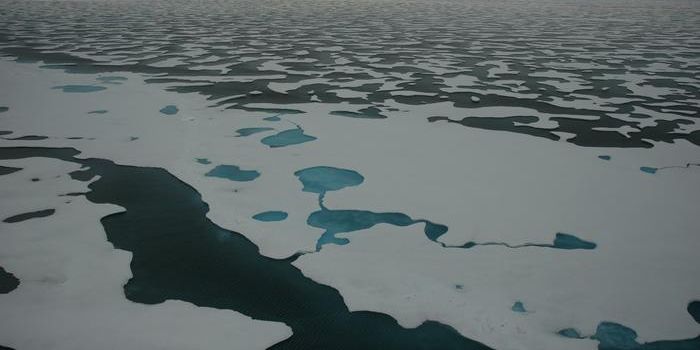Researchers warn "information overload" poses risks to people and society
When it comes to pollution of our surrounding environment, we often think about how human activity affects the air we breathe, the water we drink, or the food we eat. At team of researchers at Rensselaer Polytechnic Institute, however, are cautioning that another type of “pollution” is poised to have a significant impact on humans, both individually and at a societal level: information overload. Researchers describe the problem in a recent article published in Nature Human Behavior.
Particularly with such rapid access to the internet, the availability of information is staggering. With a simple search, we can locate answers to questions, conduct research, and interact with a range of ideas and opinions. The result is a near tsunami of information, one that can lead to a sensation of information overload. The result, says researchers, is an inability to sift through this information effectively to guide decision making. On top of that, the wide availability of so much information can have a negative effect on our wellbeing and happiness. Some estimate that there’s even a dollar tag associated with information overload: globally, information overload affects us to the tune of $1 trillion USD.
As part of a team funded by an E.U. grant, researchers examined how our moment in history compares to other fundamental shifts in technology and the availability of information, such as the Industrial Revolution. Researchers suggest there are 3 levels of information overload: the individual, the group, and the societal level. In other words, it’s important to think about information overload as a complex problem affect more than just individuals. For example, collaboration or group work can be hindered by information overload. If one person is experiencing it, then it may affect the rest of the group as a whole.
Potential solutions could arise from legislative opportunities, similar to how legal action has been taken to combat climate challenges. Other solutions include educational opportunities to help children and adults recognize the unique information ecologies we live in nowadays.
Sources: Science Daily; Nature Human Behavior








